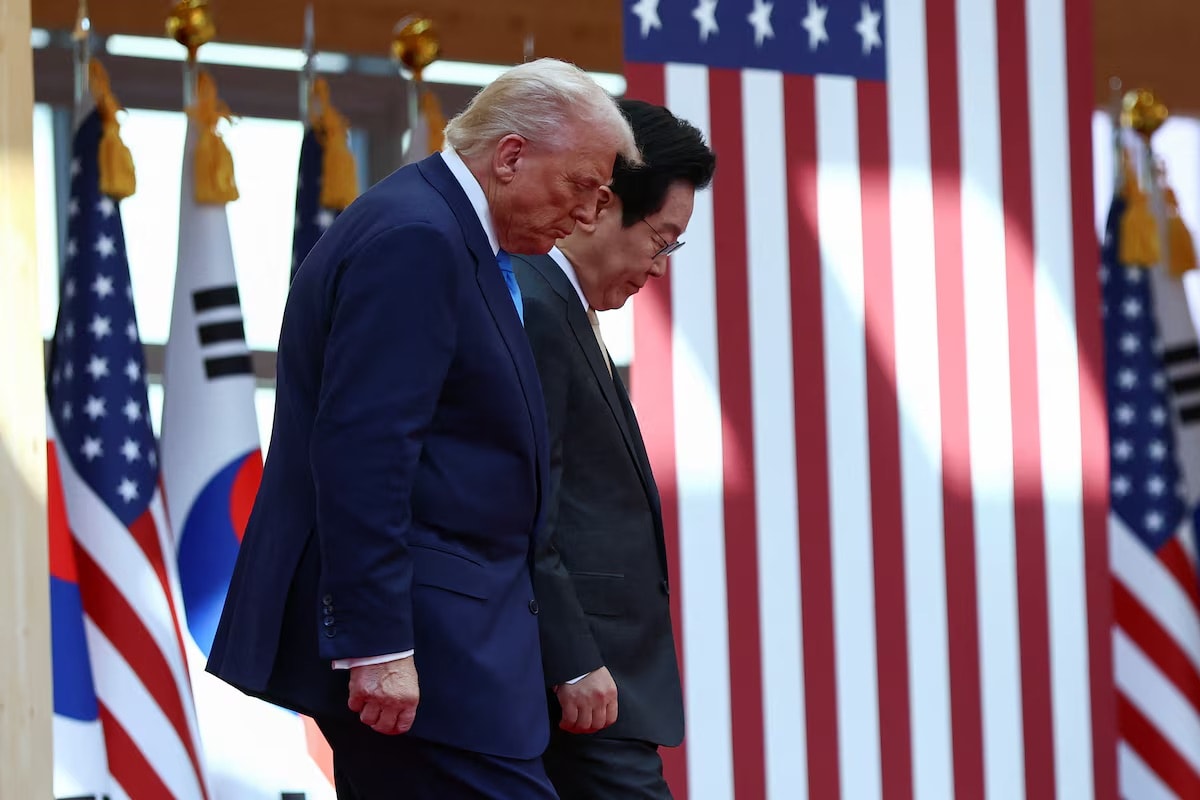North Korea warns US-South Korea deal will cause 'nuclear domino' effect
KCNA criticized the US for giving South Korea the green light to build nuclear attack submarines, saying the move exacerbated regional tensions.

According to Reuters, North Korea issued a statement on November 18 warning that South Korea's plan to build nuclear-powered submarines with US approval would trigger a "nuclear domino effect" in the region.
The statement came after South Korea and the United States on November 14 released details of an agreement reached between South Korean President Lee Jae-myung and US President Donald Trump at a summit last month. The agreement includes a shared commitment to the complete denuclearization of North Korea's nuclear arsenal.
One notable point in the agreement is that the US gave South Korea the green light to pursue the goal of building nuclear-powered attack submarines, an ambition that Seoul has long cherished.
North Korea's state news agency KCNA said the deal exposed the "true face of the confrontational will" of the United States and South Korea to maintain a hostile attitude toward North Korea.
Pyongyang has accused the two countries of reneging on their denuclearization commitments and a series of recent large-scale military exercises that have posed serious challenges to North Korea's security and exacerbated regional tensions.
KCNA specifically criticized Seoul for secretly promoting its "long-cherished ambition to possess nuclear weapons," which North Korea said would inevitably cause a "nuclear domino phenomenon" in the region and start an arms race.
Earlier, South Korean President Lee Jae Myung said that possessing nuclear submarines is important to maintain combat readiness. South Korean presidential office spokeswoman Kang Yu-jung said late on November 18 that Seoul has no hostile or confrontational intentions toward North Korea. She affirmed that cooperation with the US is to protect South Korea's national security interests.
Analysts say North Korea's response shows it remains unwilling to engage in dialogue with Washington until the US recognizes North Korea as a nuclear state.
US President Donald Trump has expressed his willingness to meet North Korean leader Kim Jong-un. The two have met three times during President Trump's first term in an attempt to reach a nuclear deal, but all have failed.
